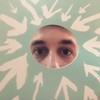Earlier this week, the world's community of music lovers lost another hero in David Mancuso. The legendary founder of New York party, The Loft, and intrepid selector, has long been celebrated—worshiped even—for an esoteric attention to acoustics and atmosphere. Since the tragic news of his passing, countless forms of remembrance have poured in from artists, writers, DJs dropping nostalgic tribute mixes, dancers, and those who occupied David's coveted inner circle. In a time where the country and world are more divided than ever, honoring David Mancuso's legacy has never felt more necessary. So, in further celebration of his tireless focus towards making the dance music community—as well as world—a safer, peaceful, and musically fine-tuned place, we asked some more important voices to share what David and The Loft meant to them.Love saves the day.
Nicky Siano (DJ, Founder of The Gallery)
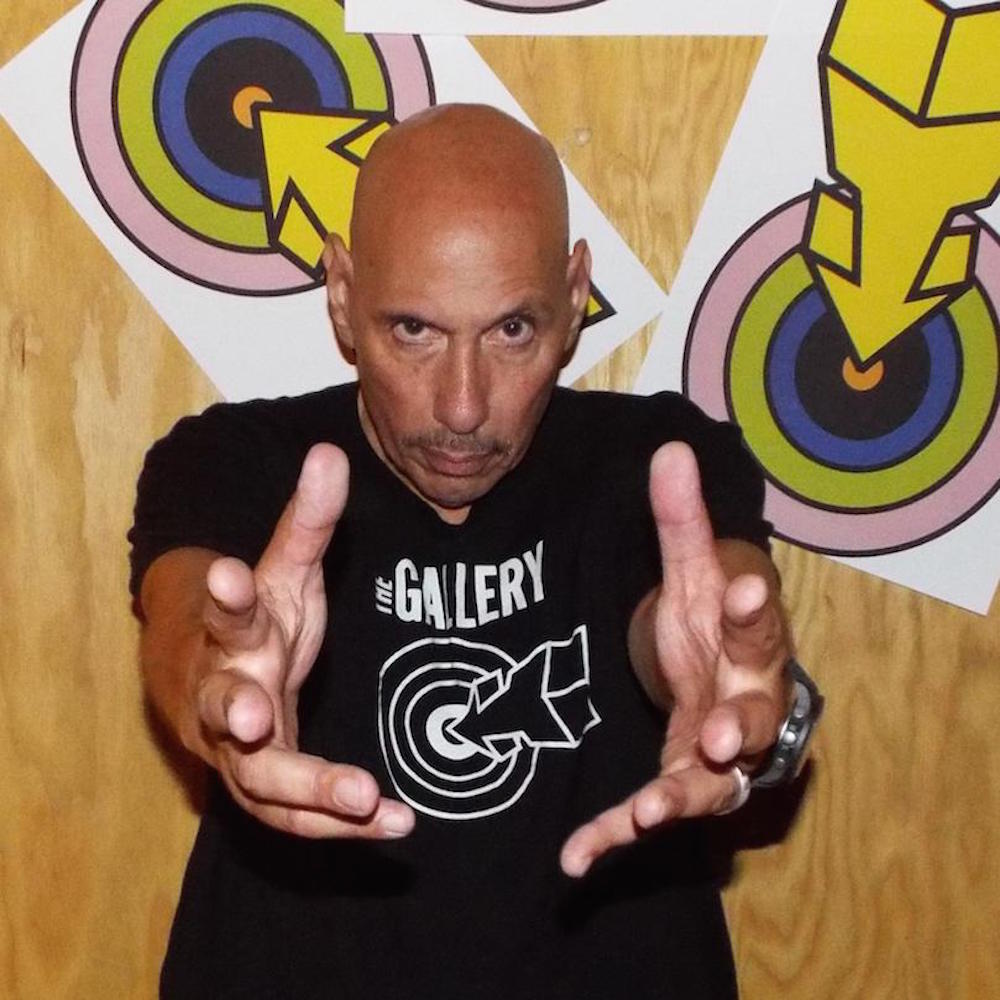
Dennis Kane (DJ, producer)
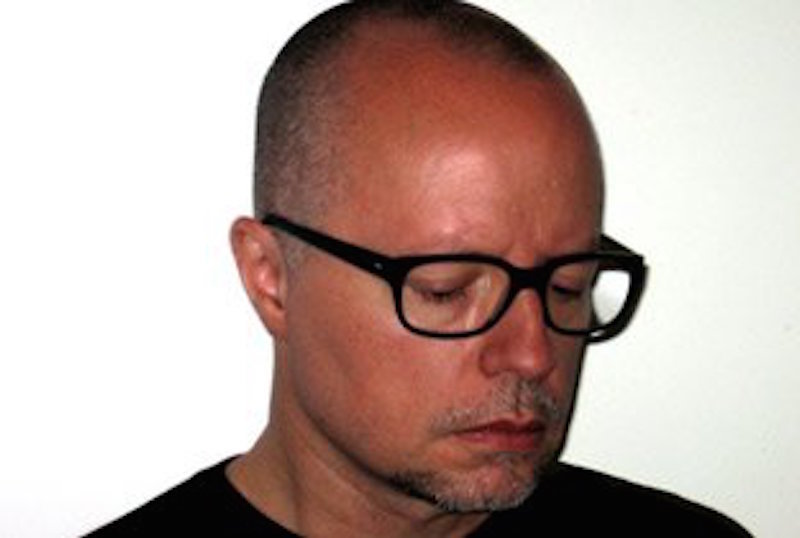
François K (DJ, Remixer)
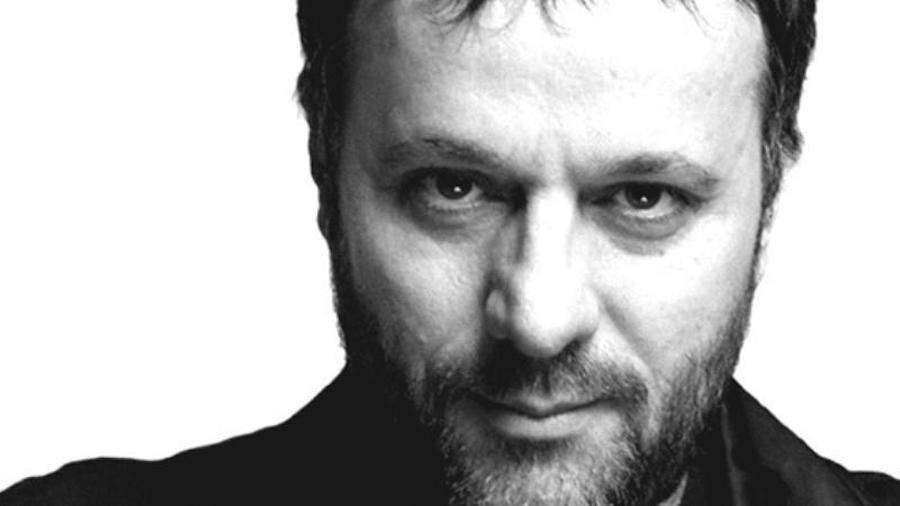
Caroline Polachek (singer, songwriter)

Kerri Chandler (DJ, producer)
Kerri "Kaoz" Chandler is one of the original purveyors of deep house, coming of age playing records at a Racquet Club in East Orange, New Jersey as a young teenager. Since then he's produced more classic records than just about anyone on earth; spreading his melodic, soulful message through timeless anthems like "Rain," and so many more. Below, he describes briefly how David Mancuso changed the way he spreads sound to the masses.
Jeremy Greenspan of Junior Boys (DJ, live artist, producer)
Jeremy Greenspan is one-half of Canadian electropop duo, Junior Boys, as well a DJ and producer. Below, he describes how Mancuso helped change the idea of what a DJ can be, as well as the omnipresence power of his influence.
Bruce Tantum (journalist, DJ)
Bruce Tantum has been writing about dance music for decades, expertly spreading knowledge as the former Editor-in-Chief of XLR8R, Time Out New York editor, as well as an always sought after freelancer (plus THUMP contributor, too!). Below, Bruce does what Bruce does best.
Steve Weinstein (journalist)
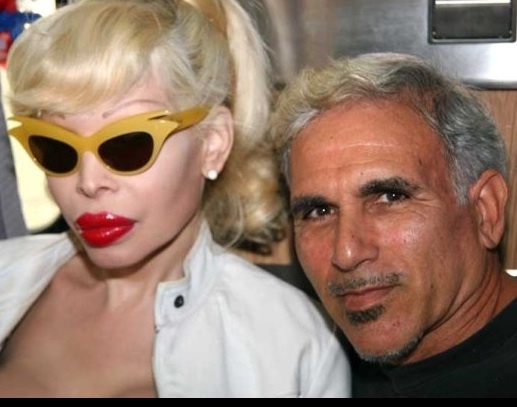
Paul Raffaele (DJ, label owner, Love Injection Zine founder)
Paul Raffaele has had his hands in many facets of dance music, always devoted to growing the culture of New York City. As label owner of Most Excellent Unlimited, founder of the monthly, much-loved zine, Love Injection, skilled DJ, and even VICE art director, he pretty much does it all. Below, he reflects on how important The Loft was to his own personal life journey.





